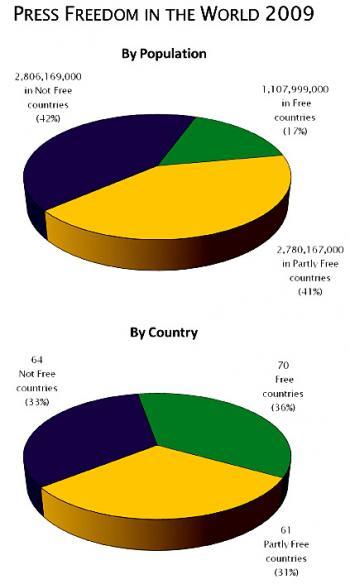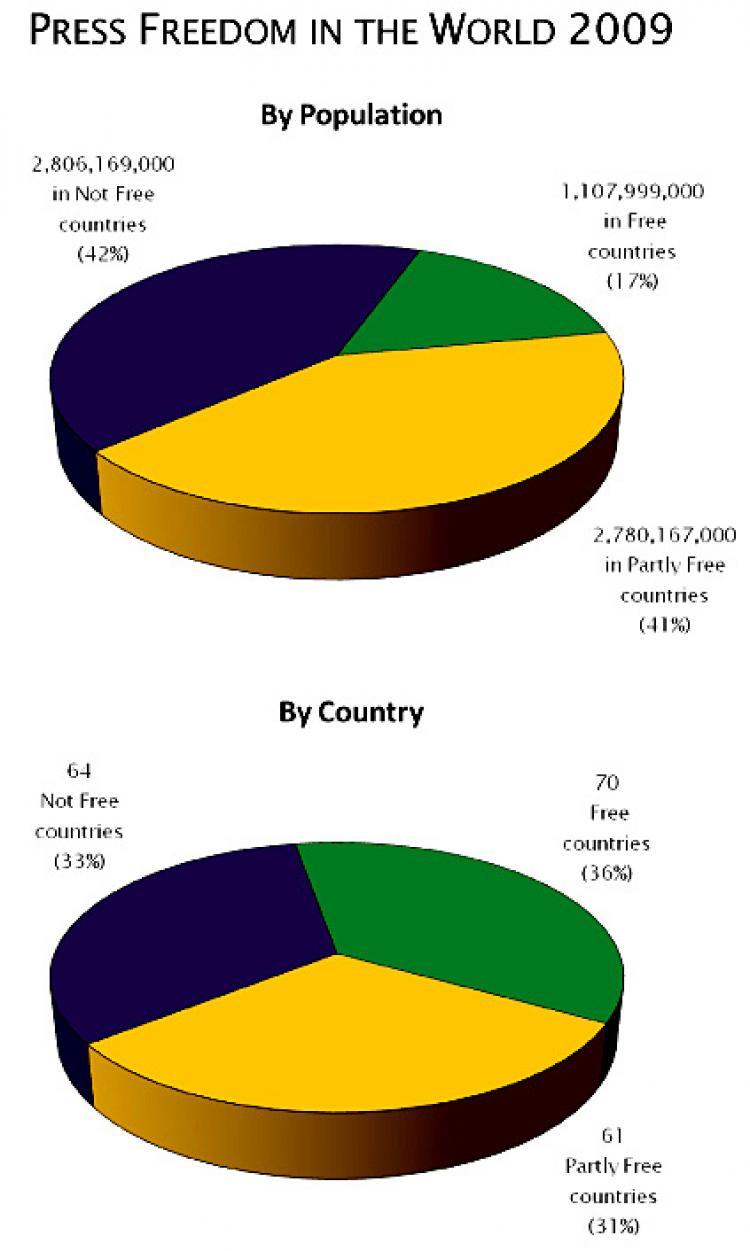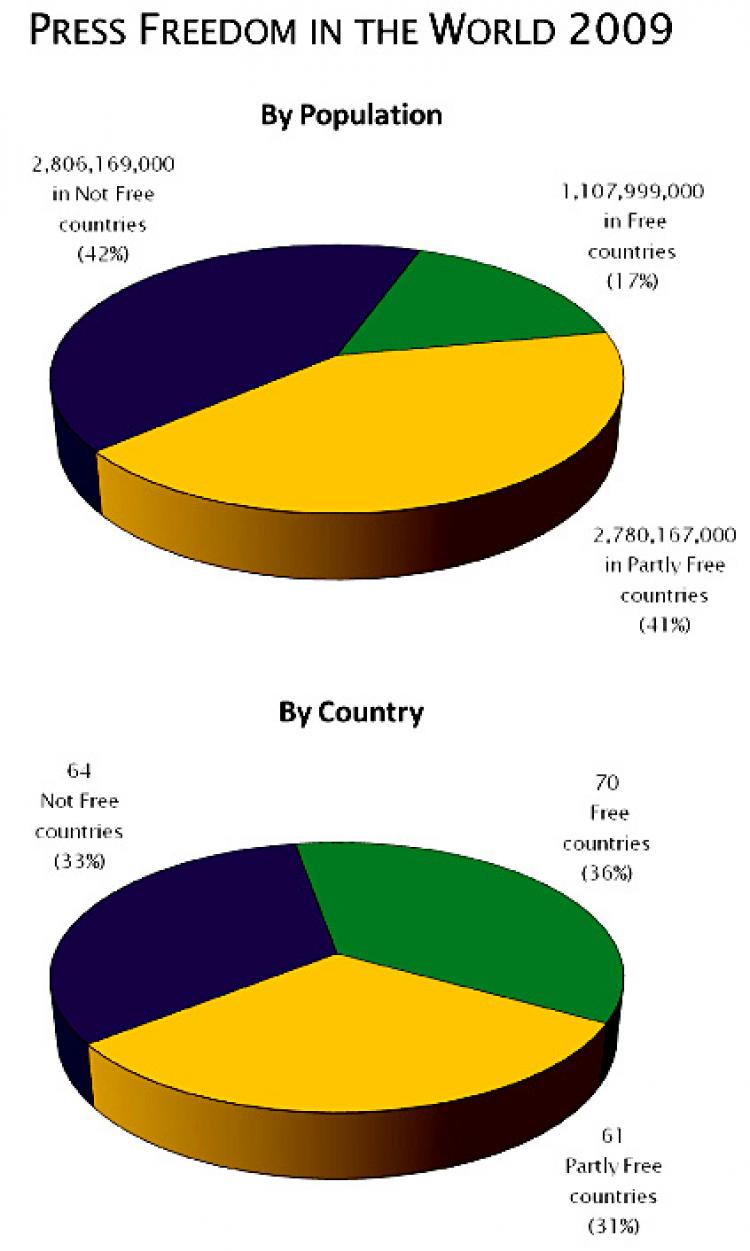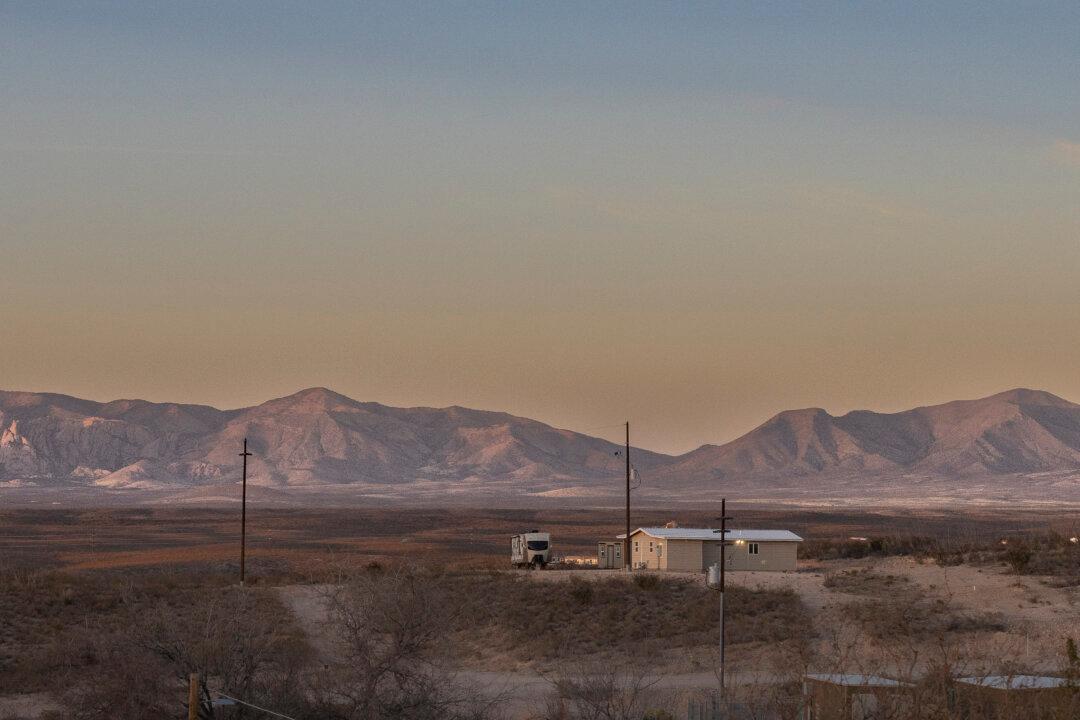World Press Freedom Declines in 2008
The freedom of the press continues to decline and the environment in which journalists work is deteriorating in every corner of the world, shows a recent study by the Washington, D.C.-based non-profit organization Freedom House.

Out of the 195 countries and regions around the world studied, 36 percent are rated free, 31 percent are partly free, and 33 percent are not free. Courtesy of Freedom House
|Updated:





